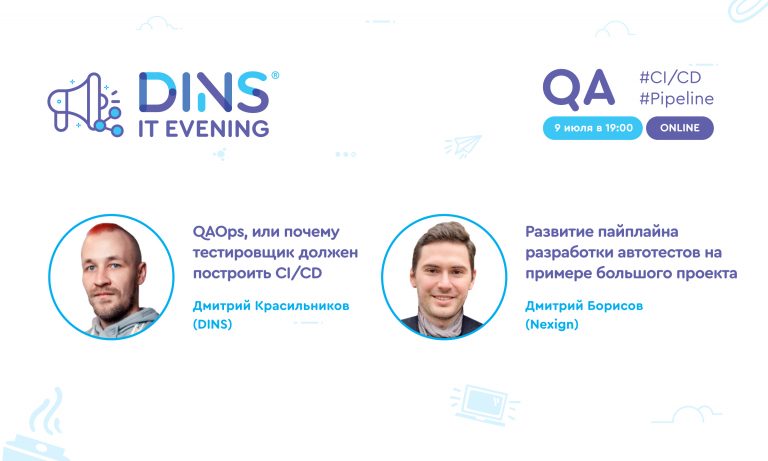Epic's metauniverse: why Fortnite authors should have it all
Because in fact, the very first game of Tim Sweeney, the founder of Epic, was already the proto-universe world a year before the term appeared in Stevenson’s novel.
1991 metauniverse
As befits a successful IT business, Epic was born in the garage. Well, with a garage, it’s inaccurate, maybe he was born in the kitchen or in the bedroom, but the point is that student Tim Sweeney started his company in his parent’s house, it was called Potomac Computer Systems and was initially engaged in computer consulting. Pretty soon, Tim realized that it was more profitable to develop software, and began to write a text editor on Turbo Pascal. The result was a game ZZT.
ZZT, so named solely for the last position in the lists of BBS files, was an amusing, but not particularly remarkable, game of action adventure genre in pseudographics. However, it quickly became a cult thanks to the presence of the “editor of the worlds” – essentially an object-oriented scripting language, which allowed it to create its own games on the ZZT engine. The language was very simple, accessible even to children, with the result that over the next 20 years, a lot of different kinds of ZZT-games appeared, from quests and RPGs to variations on the theme of “Lemmings”.
The toy was distributed in the shareware model – the first level is free, further ones must be bought – but the editor of the worlds was available in the free version. Tim Sweeney held contests among the creators of ZZT-games, among the prizes in which was the opportunity to work in the company renamed Epic Megagames.
But most importantly, ZZT has not only defined Tim's future scope of activity, but also served as the basis for the Epic development concept: making not just games, but game worlds in which you can create something of your own. And also to attract third-party, often inexperienced developers with their projects, sharing with them profits.
Unreal engine – not just beautiful pictures
Epic's most significant success is the Unreal engine, which for many years has remained the standard for 3D graphics quality. Those who caught his appearance, remember the feeling of amazement and unreality of what is happening, caused by the unthinkable picture on the screen not even of the top computer at that time.
But the Unreal engine is not only a cool picture, it is also an editor with a minimum entry threshold. According to Sweeney, from the very beginning of the Unreal development, he decided that the possibility of developing custom content is the main component. “It was important to spend even more time on the editor and tools than on the game itself,” he recalled in his interview. – When developing, we focused on the built-in editor, which allowed us to see everything in real time. To describe the game events – scripting language. In fact, there is a lot in common between ZZT and Unreal, if you look closely. Unreal is a hundred or two hundred times more complicated and has more code, but they are very similar in structure. ”
As a result, various companies have made a lot of games on the Unreal engine, both unsuccessful and forgotten, and mega-successful ones. What is not metaverse?
Original games – not the Epic
Despite the fact that some Epic games turned out to be very commercially successful, there are no masterpieces in the company's catalog that would be remembered because of the revolutionary gameplay or original finds. The first hits were de facto clones of other people's games – in which, by the way, there is nothing reprehensible. At that time, everyone was engaged in cloning, and very few people could boast of such successes as Epic with, for example, the Jazz Jackrabbit.
Everyone knows about the magic picture in Unreal – but who ever remembers the plot of the first game? From the point of view of gameplay, it was a very monotonous and lengthy shooter, driven by graphics. It is no coincidence that the writing of the sequel was given away to Legend Entertainment – at that time the guru on the part of the original plots. Well, after all transferred everything to multiplayer.
Even the brilliant Epic Pinball was a clone of the demo spied Sweene from the legendary Finnish team Future Crew. To Epic's credit, they tried to drag the Finns on board, but they didn’t want, resulting in the engine being rewritten from scratch in nine months by student James Schmalz, the future Unreal developer. A year later, Epic Pinball brought Schmalz the first million royalties …
Lack of experience developing original breakthrough games could be a negative factor for any company, but not for Epic. On the contrary, within the framework of the multiverse concept, the publisher’s lack of baggage of brilliant ideas and plots is unleashed by talented third-party developers who no one will try to stick into the framework of “we know what we need because we have history. Plus, really something, and Tim Sweeney is able to find pearls among foreign ideas.
Running by the Chinese giant
Since 2012, almost half of Epic shares belong to Tencent. Although Tim Sweeney still nominally controls the company, it is clear that the Chinese are ordering music. They insisted on the transition to the model of free-to-play games, because of which almost all of Tim's longtime comrades left the company.
From the point of view of the "old school gamer", indeed, the transition to f2p is a nightmare, hell, draining money and the dominance of "whales" with "kraken". But here we are talking about Epic, who knew how to correctly combine paid and free content back in those times when there was no concept of free-to-play. And also having experience with user content, distributed both free of charge and for money. Well, experience with non-professional and novice developers – it was with them that Tim Sweeney preferred to cooperate at the dawn of Epic Megagames. And the f2p model itself can be used not only to siphon money for clothes and weapons, but also to spread the creativity of users, which is primarily the idea of the metaverse.
And, of course, far from the fact that Fortnite would have taken place in its current form without Tencent.
Why Epic should work
If only because Tim Sweeney is the only person in the gaming industry who has been building his meta universe for almost thirty years. Now he is essentially returning to basics – ZZT has even more in common with the future Fortnite than with Unreal.
If in 1991, Tim had Turbo Pascal on hand, BBS on the modem and text mode, now he has Unreal engine, Tencent Internet and financial capabilities. It is planned to add another language to the Unreal engine to make the development of games for it even more accessible. Here Tim shares some thoughts about this, in particular, mentioning “a metaverse, where a million programmers are developing separate independent components that need to interact with each other.”
Epic has the experience of creating a simple language for hobby development, a great engine and business expertise in the f2p market. If all this is properly mixed, the result will be limited only by the imagination of the participants – those users who will produce the content. Fighter battles from one game with dragons from another? Seamless movement of the character between games of different genres? Physical laws changing between worlds, like in Amber Chronicles? Yes, anything.
Now on the topic of the metaverse, almost all the major market players speak. There is a suspicion that Epic best understands what he is talking about. Watching the achievements of Tim Sweeney and his company in the coming years will be very interesting.





